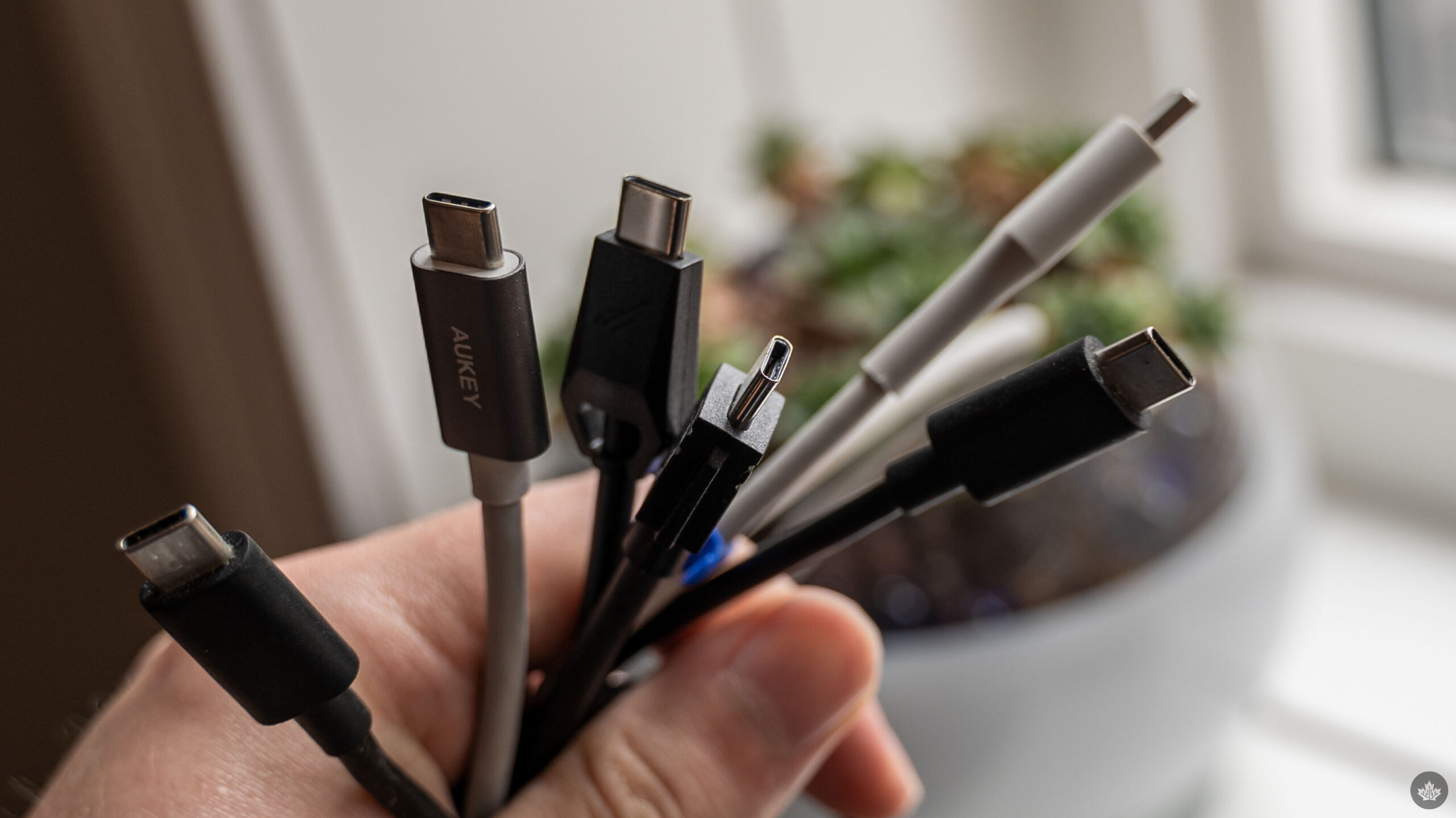
The next generation of iPhones will have USB-C type charging ports instead of Apple’s own Lightning connector. Switching to USB-C charging will allow the upcoming iPhone 15 to charge at speeds up to 35W, according to unnamed industry sources who spoke to 9to5Mac.
By contrast, the iPhone 14 Pro’s fastest charging speed is 27W, and the iPhone 14’s fastest is 20W. To compare, the Samsung Galaxy S23 Ultra’s fastest is 45W. The Google Pixel 7’s fastest is 20W, while the Pixel 7 Pro can go up to 23W.
However, there has been some speculation that the fastest charging speed on the iPhone 15 will only be available by using Apple’s certified cables (basically, those that you bought from Apple).
Other than iPhones, any modern smartphone you buy today will use a USB-C charging port. It was finalized in 2014 and slowly replaced its predecessor, the micro-USB. By 2016, it was fairly standard. Apple was the only company that resisted using it for its smartphones, though it has appeared on other Apple devices.
In 2022, the European Union ruled that all smartphones, handheld gaming consoles, headsets, and other devices need to use USB-C charging, and set a deadline: December 28th, 2024. Concerns about growing e-waste prompted the mandate; the hope is e-waste will be reduced if consumers only need one charger for all their devices. Similar legislation is being considered in Canada.
Apple announced that it would comply with this new standard, in a statement by senior vice president of worldwide marketing Greg Joswiak to The Wall Street Journal. However, Joswiak also expressed frustration that lawmakers were forcing Apple’s hand.
Apple came out with, and profits from, the Lightning charging technology. However, Apple has emphasized the unnecessary logistical problems, the e-waste of eliminating Lightning chargers, and the “stifl[ing of] innovation.”
Despite Apple’s insistence that the money isn’t the problem, rumours began to crop up suggesting that fast charging would only work with Apple’s certified cables. In response, the EU Commissioner Thierry Breton sent a letter to Apple. In it, he warned that limiting the functionality of USB-C charging would not be tolerated and could lead to banning iPhone sales in the EU.
MobileSyrup may earn a commission from purchases made via our links, which helps fund the journalism we provide free on our website. These links do not influence our editorial content. Support us here.


